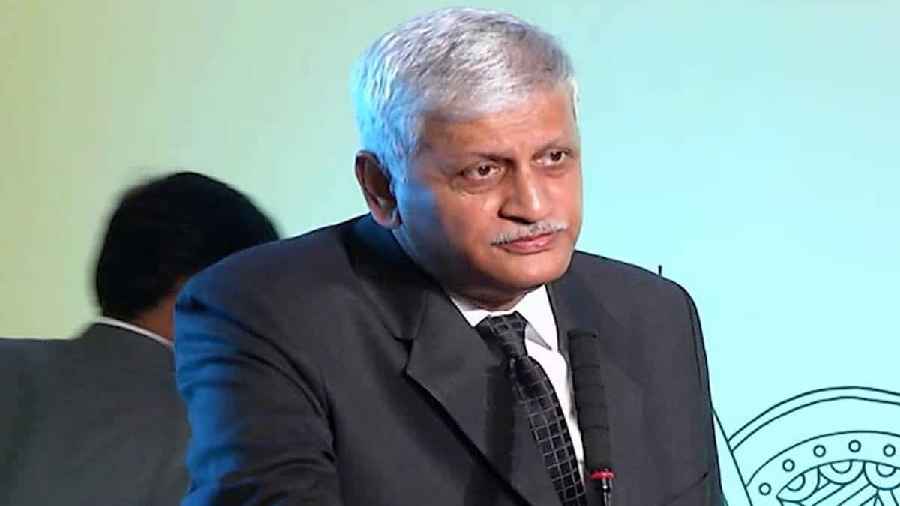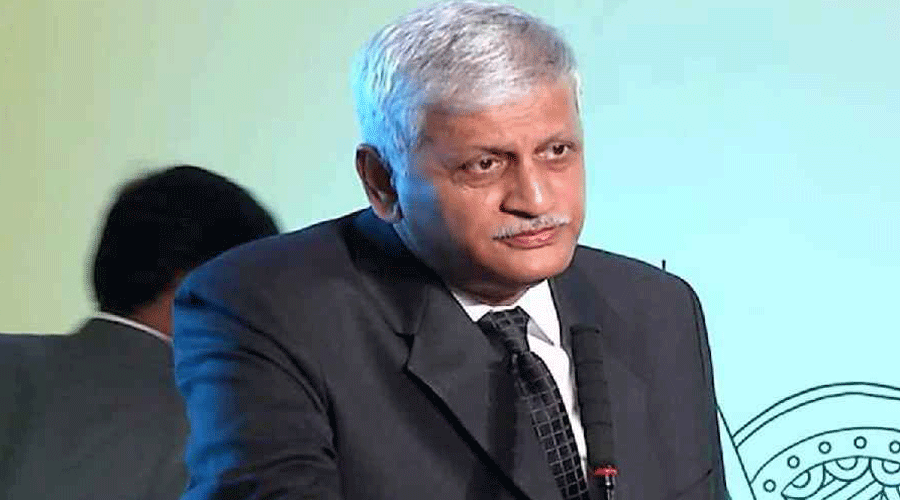Senior advocate Indira Jaising has urged Chief Justice of India U.U. Lalit to facilitate live-streaming of proceedings relating to important constitutional matters such as the Citizenship Amendment Act, marital rape and the validity of reservation for the economically weaker sections.
Citizens have a fundamental right to gain firsthand knowledge of such issues, especially those relating to equality, discrimination, secularism and “the idea of India itself”, Jaising has contended in a letter to Justice Lalit.
“It forms a part of the right to be well informed, to be educated by the process, and to contribute if we have anything significant to say. In particular… lawyers, students and the press will be deeply interested in the intricacies of the arguments and will want to report and revisit the arguments,” says the letter, copies of which were made available to sections of the media late on Thursday night.
Jaising’s letter says: “There is no substitute for firsthand knowledge, especially in the era of what has come to be known as ‘fake news’ and hence, there is an urgent need for real-time information.”
Jaising, a human rights defender and a former additional solicitor-general, has underlined that issues like “the constitutional validity of the 103rd amendment (EWS quota) is currently being challenged before the constitution bench in Court No. 1, which has public interest”.
“The arguments revolve around issues of social and political justice for discriminated castes and whether reservations in public employment and education can be made purely on economic grounds. Also in the field of reservations are two other cases relating to sub-categorising within castes and the issue of extending reservations to Muslims and Christians,” the letter says.
“Very shortly, the constitutional amendment of 2019 enabling the conferment of citizenship on a certain category of persons, while depriving others belonging to a minority religion from gaining similar benefits of fast-track citizenship, will also be heard. Here, the primary arguments will be related to an understanding of secularism in the Indian Constitution and in that sense the idea of India itself.”
The letter adds: “There is also the issue of marital rape which is due to be considered by the Supreme Court of India, and so is the validity of the restitution of conjugal rights, both of which challenge statutes on the ground that they discriminate based on sex violating Article 15(1) and Article 21.
“It is noteworthy that almost all cases now being argued in the Supreme Court of India relate to challenges on the ground that the impugned provisions discriminate against citizens either on the basis of caste or sex or religion or any of them together, or separately. In that understanding of the matter, every single citizen of India is interested in the outcome of these cases.”
Jaising has argued that the country would as a whole have an interest in the arguments presented in court and the exchanges between counsel and judges in these key cases.
Her letter refers to how an apex court bench had upheld a petition she had moved in 2018 arguing that citizens are entitled to live-streaming of court proceedings.
So far, no apex court cases have been live-streamed.
However, the letter underlines that the Supreme Court now has the infrastructure to carry out the exercise, citing how the retirement ceremony of previous Chief Justice of India N.V. Ramana was live-streamed from the court on August 24.
“I, therefore, respectfully approach you with a request to immediately commence live-streaming as a part of the fundamental right of every citizen to freedom of information, namely the right to receive information as also the right of access to justice,” Jaising’s letter says.











